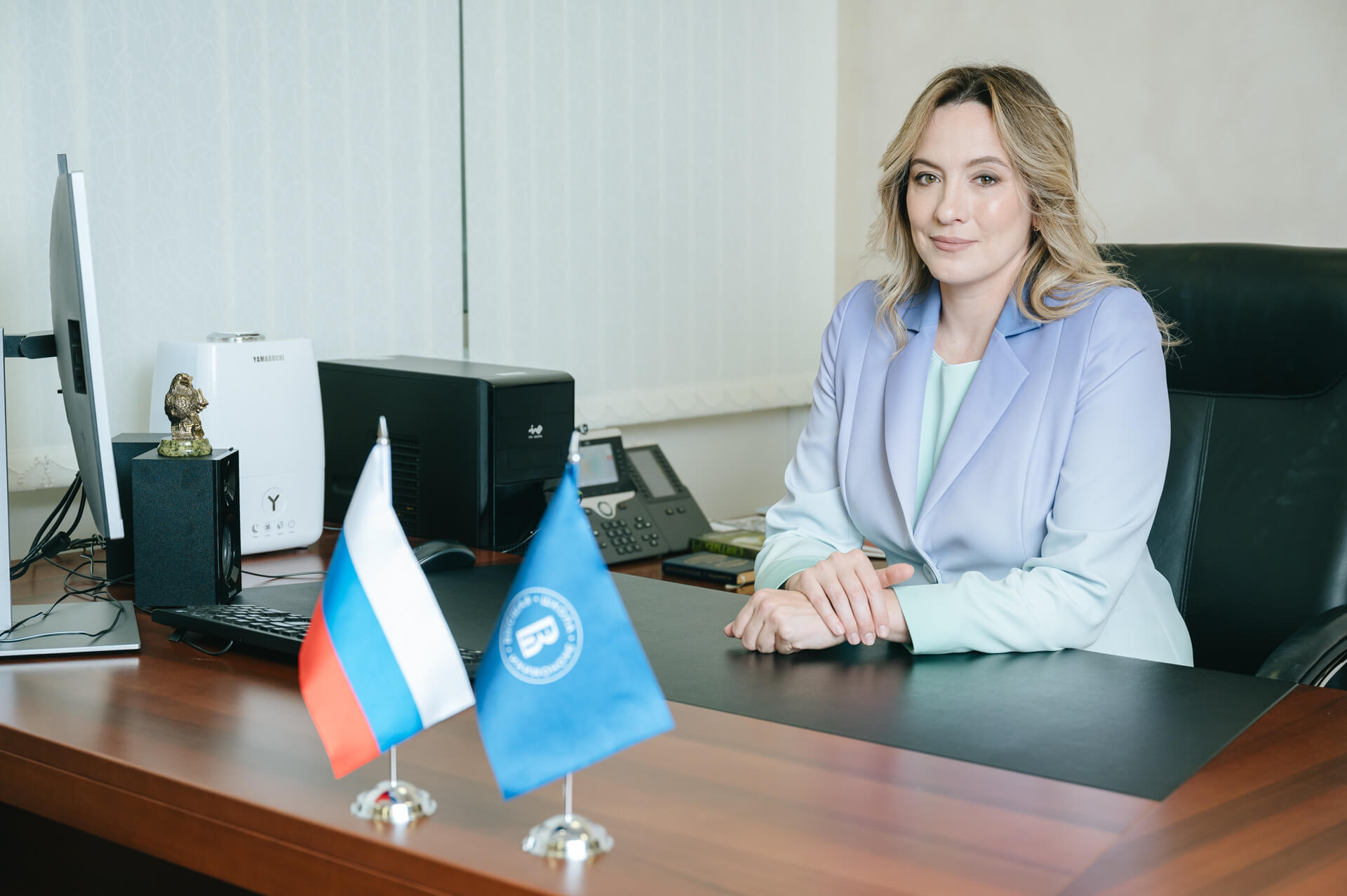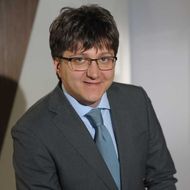‘The Goal of the Contest Is to Select Bold Ideas Aimed at Fostering a More Equitable Global Development’

HSE Vice Rector, Head of the BRICS Expert Council–Russia and Co-chair of the BRICS Civil Forum Victoria Panova, and Dean of the HSE Faculty of Humanities and Chair of the Contest Jury Felix Azhimov, announced the primary objectives of the contest, its format and potential participants during a press conference at TASS. Nationals from the BRICS countries, aged 18 to 45, are eligible to apply for participation in the contest. The jury will select ten winners, three of whom will be given the opportunity to attend the BRICS Civil Forum in Moscow in person.
The contest 'Vision 2050—BRICS People 2050—How BRICS Would Change the World by 2050' is conducted within the framework of the BRICS Civil Forum. The goal of the contest is to select bold and innovative ideas for a more just and equitable global development by 2050, reflecting the vision of the world's majority, according to Victoria Panova.

The contest is one of the initiatives proposed by the BRICS Civil Forum’s Working Group 'Vision 2050: Values and Rights of Nations.' Participants are invited to present a vision of the future which would be better than the present for the whole of humanity, and to propose long-term measures to achieve it.
Submissions are accepted until May 1 on the Civil Forum's website.
The BRICS Civil Forum serves as a platform for discussion and presentation, engaging civil society members from the BRICS nations and invited countries. The forum started its activities in 2015 at the initiative of Russia. The civil track’s operations are coordinated by the BRICS Expert Council–Russia. The BRICS Civil Forum will be held in Moscow on July 3 and 4.
Felix Azhimov explained the reasons why the philosophical essay has been chosen as the format for the contest. 'This genre is relatively flexible. While the format's boundaries may be fuzzy, it facilitates thinking from a broader perspective and allows for greater freedom of creativity. It can take the form of an expository piece, a mini-treatise, or a sketch—the author is free to decide which type of essay to choose. What matters is that it allows to explore the topic as comprehensively as possible.'
The jury will select ten winners, three of whom will be given the opportunity to attend the BRICS Civil Forum in Moscow in person.
During the discussion of the selection criteria, the experts emphasised that essay authors should aim to maintain clarity and coherence in their reasoning, while also proposing fresh ideas, which go beyond existing banalities and generalisations. 'The author should demonstrate a level of awareness regarding ongoing discussions on the proposed topic, although this requirement may not be absolute. Younger people do not have many platforms available where they can articulate their viewpoints and express themselves,' Felix Azhimov added.
The jury members also include:
Nikita Anisimov, columnist of the special projects department, Izvestia Multimedia Information Centre LLC;
Elena Topolieva-Soldunova, Director of the ANO Social Information Agency, laureate of the Russian Federation State Prize for outstanding achievements in human rights activities, co-chair of the Russian NGO Group on BRICS and G20, co-chair of the BRICS Civil Forum;
Olga Golyshenkova, President of the MAKO Association of Citizens and Organizations for the Promotion of Corporate Education;
Alexander Pastukhov, General Director of JSC Russian Technical Society;
Irina Kostetskaya, Head of the BRICS Civil Forum Secretariat;
Alexander Pavlov, Doctor of Sciences in Philosophy, Head of the School of Philosophy and Cultural Studies, Faculty of Humanities, HSE University;
Andrey Iserov, Candidate of Sciences in History, Associate Professor at the School of History, Faculty of Humanities, HSE University.

